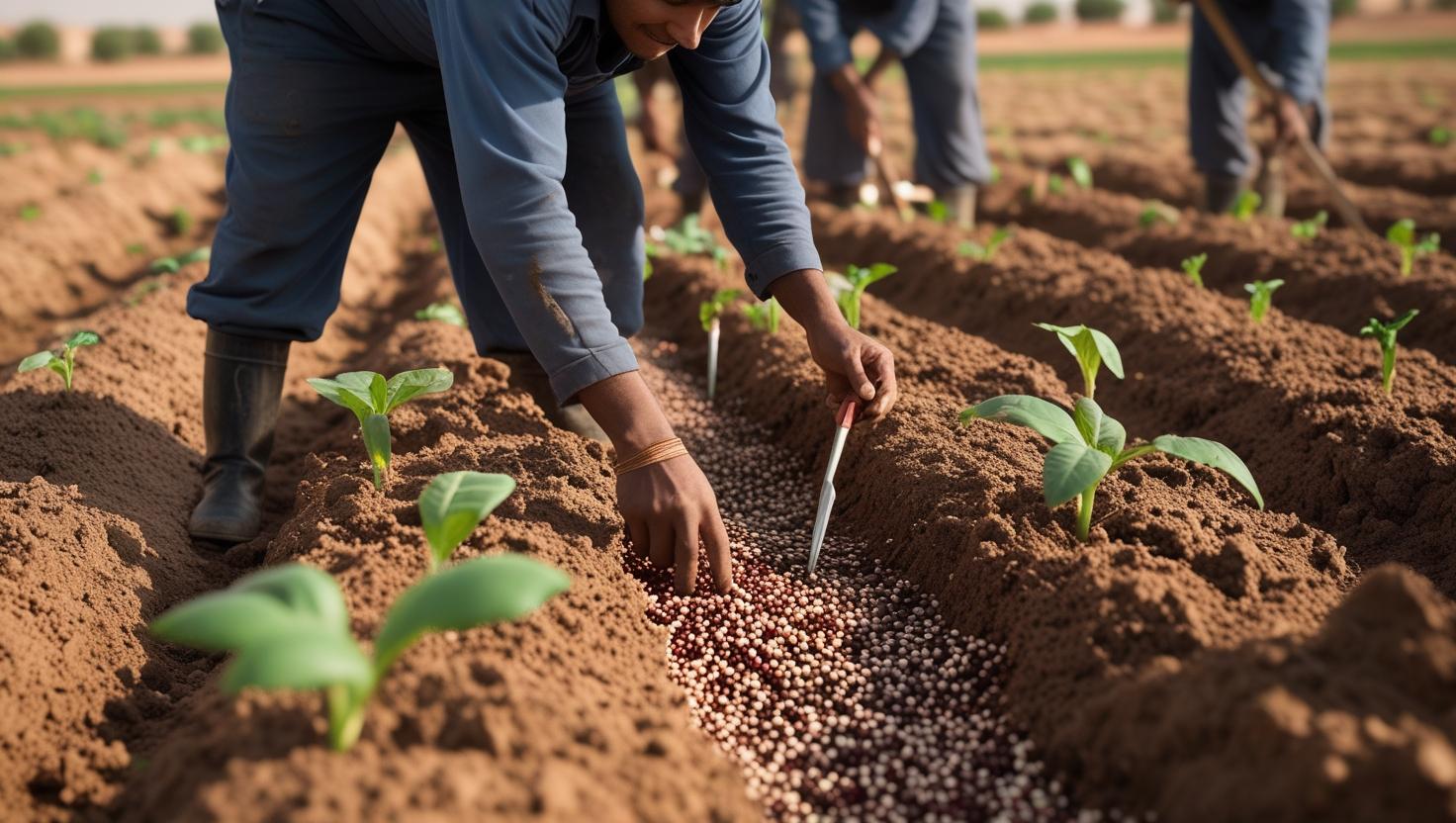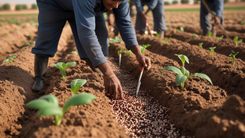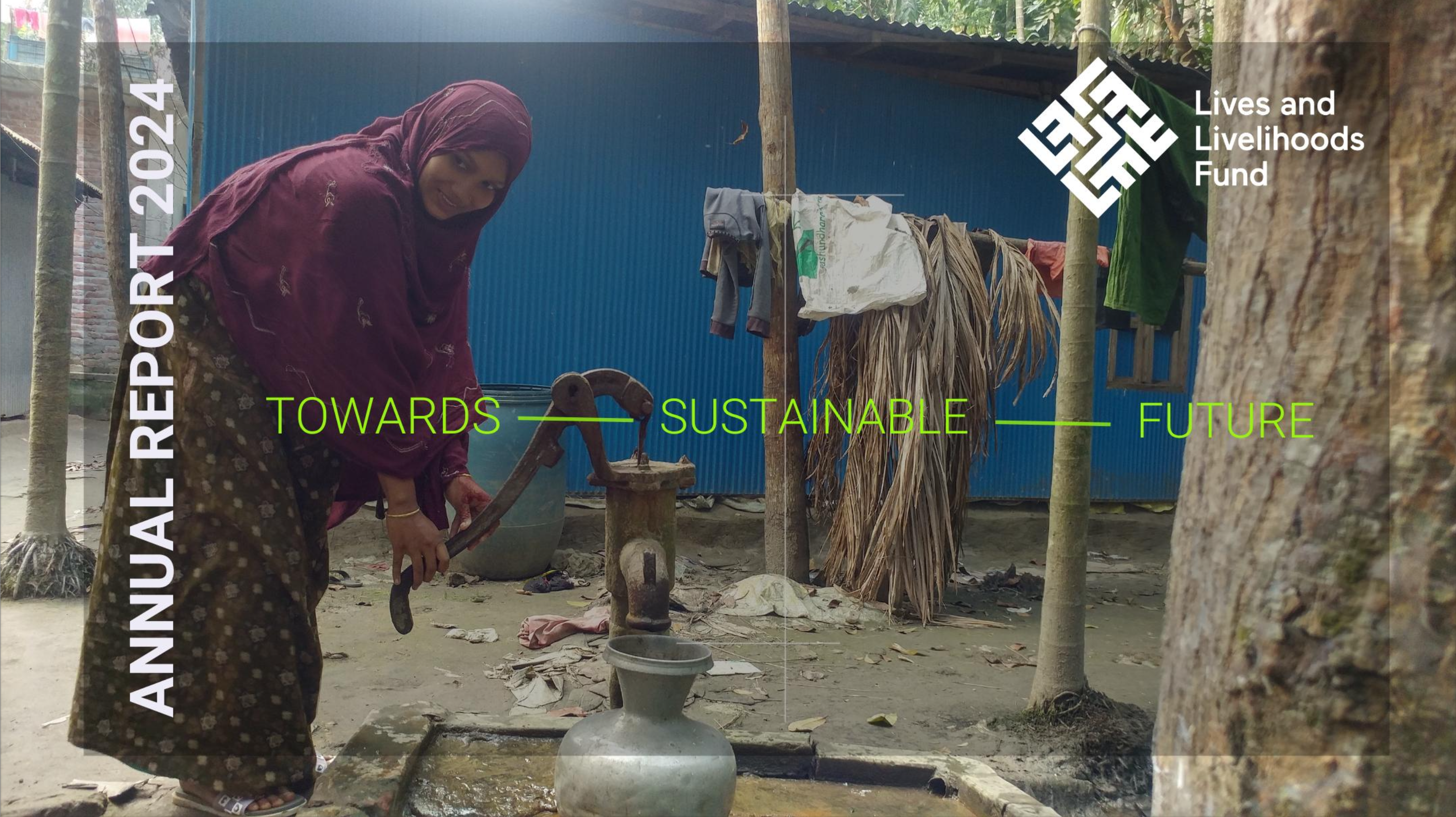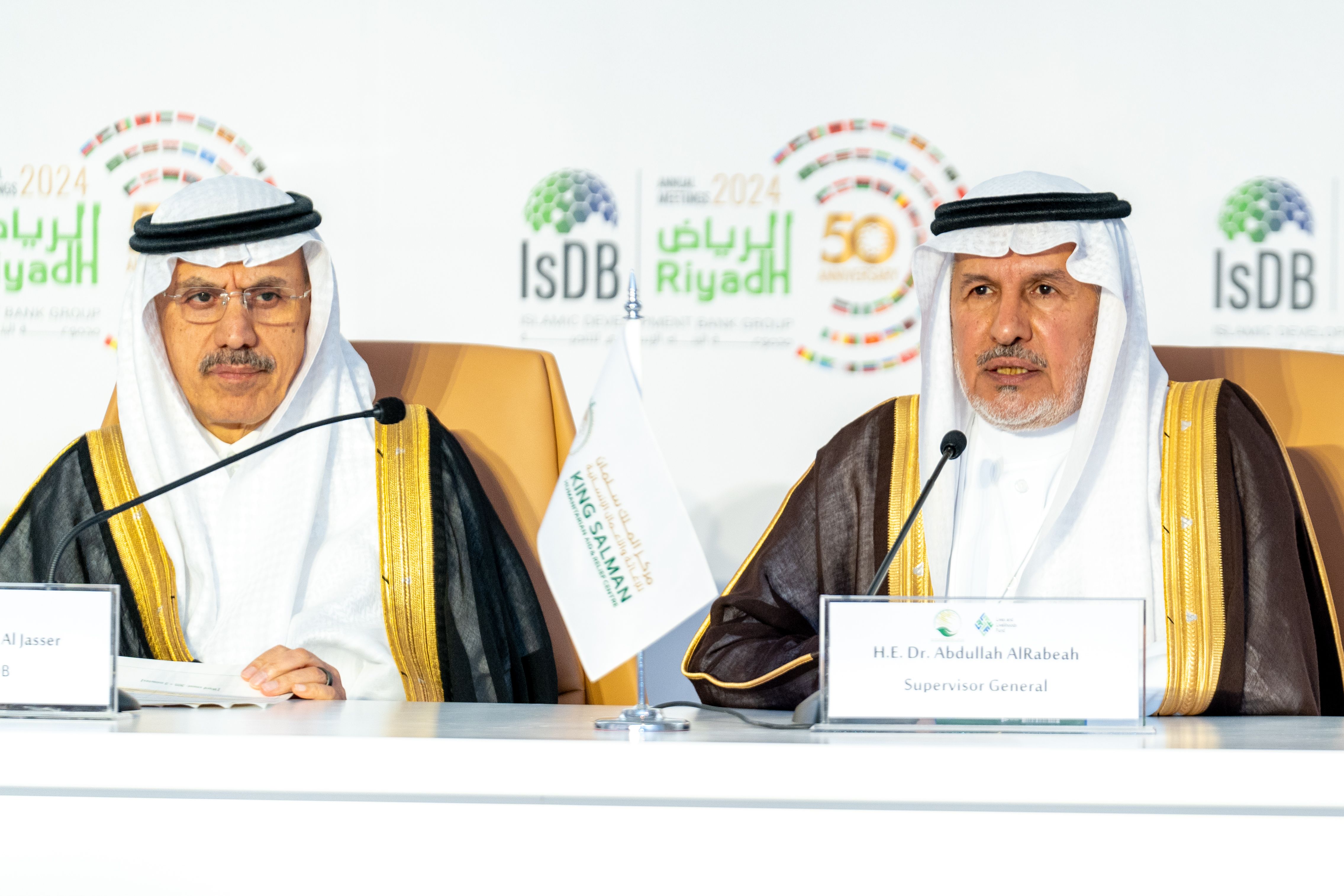Latest updates
Multilateralism has a Role in an Evolving World
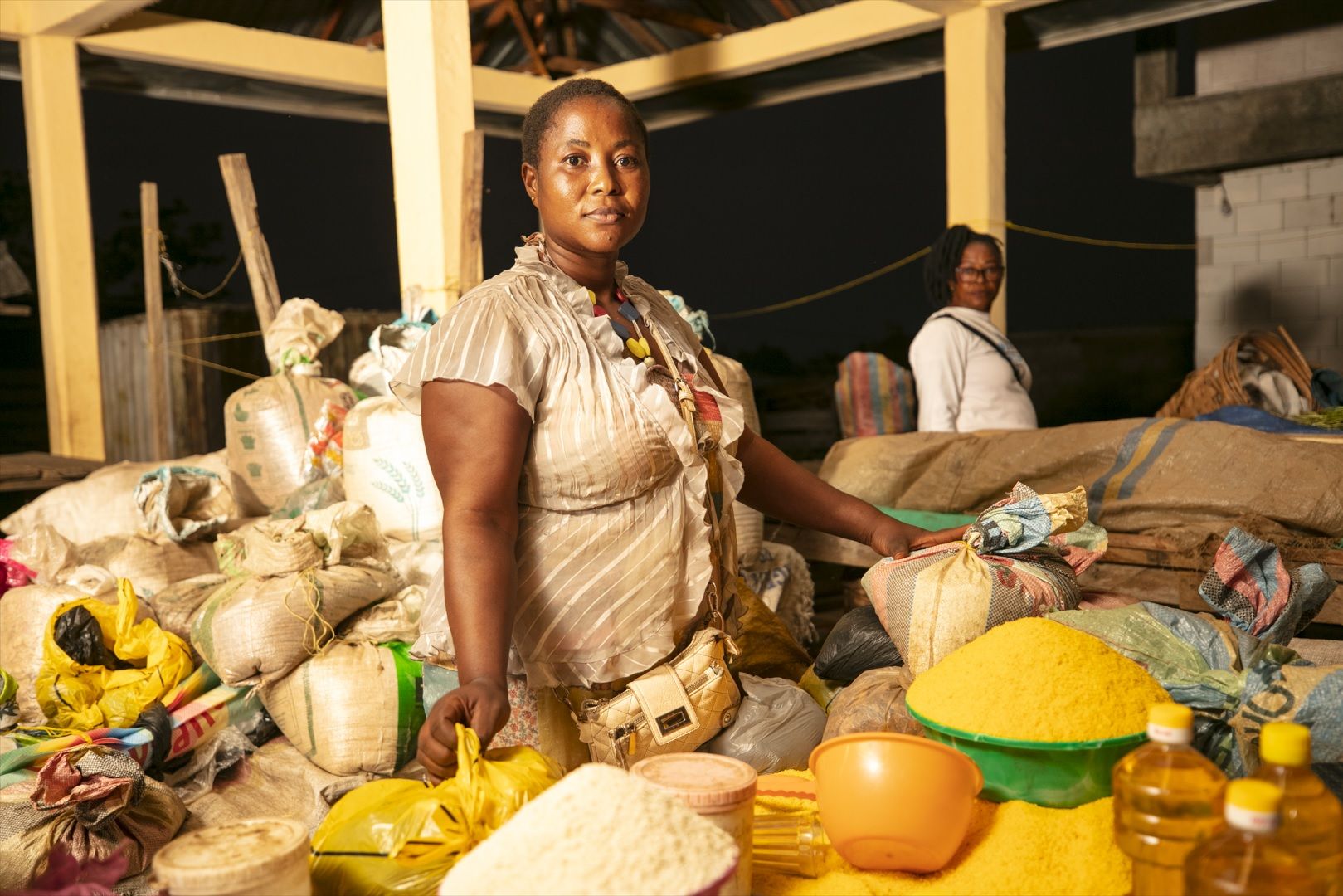
The world, which was already contending with the threat of the climate crisis, is now facing increasing levels of poverty, exacerbated by the ramifications of the Covid-19 pandemic and the conflict in Eastern Europe. This is a moment for the development community to look into its financing models and approaches to understand how these enable beneficiary countries to achieve their priorities.
Many discussions have taken place in recent years about the role of aid and its pros and cons. I would argue that all development assistance does not need to be seen from the same angle, nor should it be boxed in certain views. Some models have successfully broken down the barriers that prevent individuals, organisations and governments in the least developed countries from obtaining the resources they need to lift themselves out of poverty. One of these models is the Lives and Livelihoods Fund (LLF), of which the Islamic Development Bank is the trustee.
Through a concessional funding model that combines donor grants with loans to enable member countries to access the capital they need to invest in high-impact social development projects, the LLF has focused on social areas underserved by traditional development assistance. It has also played a role in improving the lives of people facing extreme poverty. It has been working with officials and governments in our beneficiary countries to ensure that our interventions are lasting and bring positive change.
Bringing together some of the most reputable development organisations in the Gulf region, the LLF has driven economic growth in 22 countries in Asia, the Middle East and North Africa, and sub-Saharan Africa and has improved the living standards of their most vulnerable population. As of now, the LLF has funded about $1.5-billion worth of investments in these countries, aimed at enhancing access to robust health services, empowering smallholder farmers, and developing basic infrastructure.
United Nations secretary-general Antonio Guterres has recently reiterated his views that multilateralism is under threat from all directions, noting the effect of the climate crisis and the “multiplication of conflicts”. His subsequent call to “transform this moment of crisis into a moment for multilateralism” leans on the need for stronger international cooperation, which is in line with the LLF’s values and what it aims to achieve.
When world leaders met in Davos at the end of May, they emphasised that the world is at a convergence of crises. Low-income countries, many of which are in the Islamic world, are facing serious difficulties, mainly geopolitical risks, endemic poverty as a result of economic shocks, natural and manmade disasters and communicable diseases. As we see the convergence of concerns over food security, economic uncertainty and the disruption of energy supply chains, it is even more pertinent to reconsider the role of multilateral organisations as being not only about providing sovereign financing but also ensuring that the less privileged are not left out and have an opportunity to thrive.
We recognise that successful and sustainable development is not only premised on financial resources but considers multiple factors. It is, therefore, ever more important and relevant that the LLF does not “throw money at the problem”. Instead, it involves beneficiaries in a process and programme that enables them — in the future — to continue to build on our interventions in the long term. A key focus of this is the reduction of economic dependency.
Notwithstanding the current trend to deglobalise, in a world contending with war, it is essential to maintain multilateral collaboration and development assistance. As the Islamic Development Bank and its stakeholders meet in Sharm El Sheikh, Egypt, under the ambits of discussions themed Beyond Recovery: Resilience and Sustainability, the conversations taking place should focus on how we can support and enable member countries to navigate an uncertain future and drive the resilience and sustainability of peoples’ livelihoods in our member countries.
The Lives and Livelihoods Fund donors include the Abu Dhabi Fund for Development, the Bill & Melinda Gates Foundation, the UK Foreign, Commonwealth and Development Office, the Islamic Development Bank Group, the Islamic Solidarity Fund for Development, the King Salman Humanitarian Aid and Relief Centre, and the Qatar Fund for Development.
Source: Mail & Guardian, 6th June 2022
Related articles
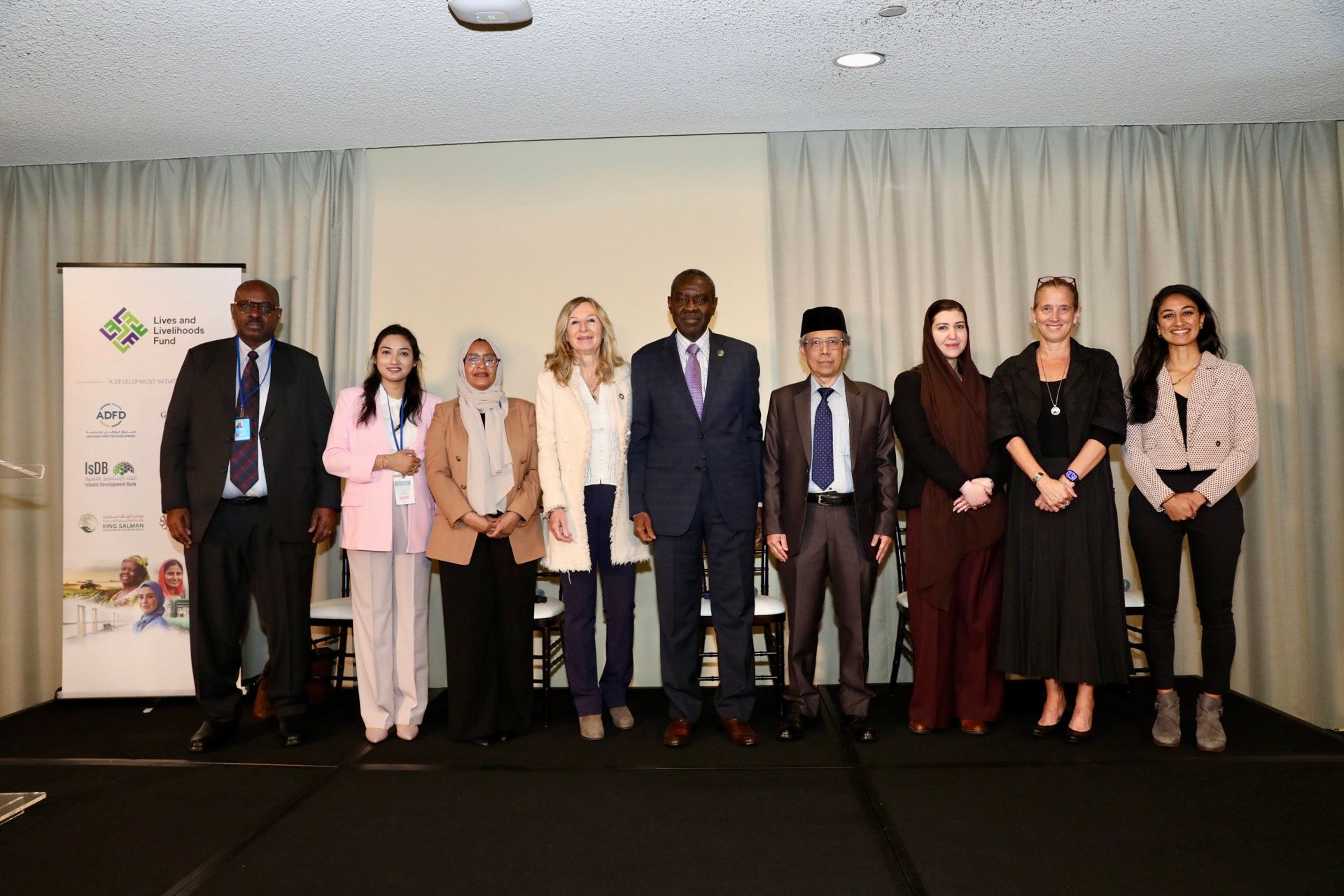
Latest updates
Islamic Development Bank (IsDB) and Lives and Livelihoods Fund Partners Lead Discussions on Gender-Inclusive Financing and Social Infrastructure at 69th UN Commission on the Status of Women
14, March 2025
Cookies
By browsing our website you accept our Terms and Conditions
